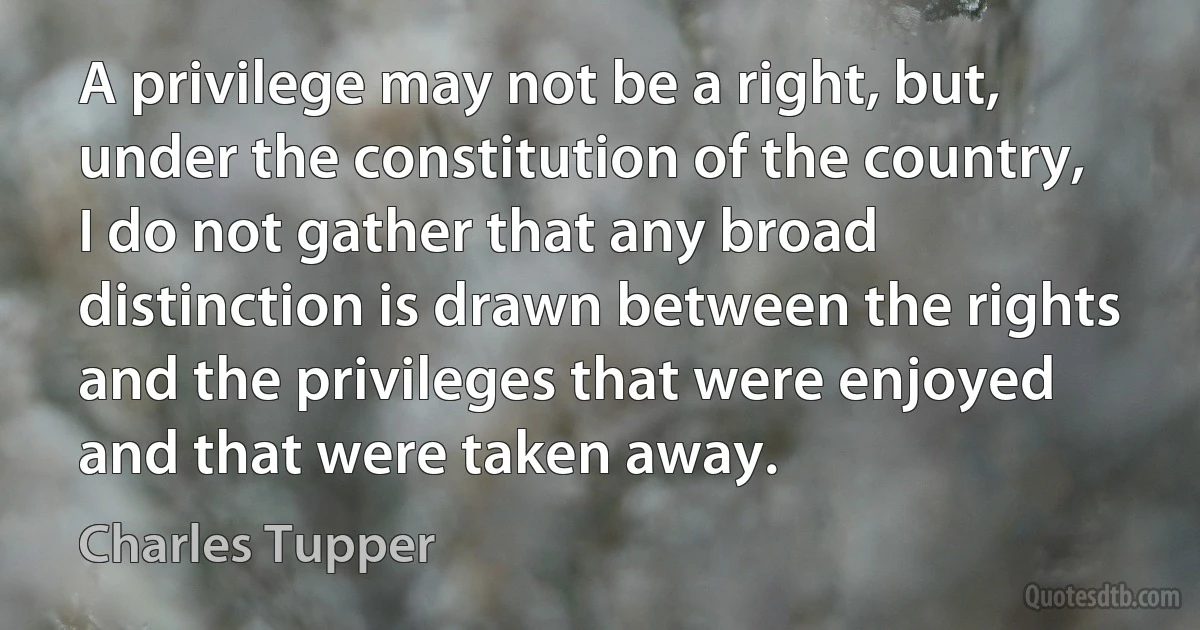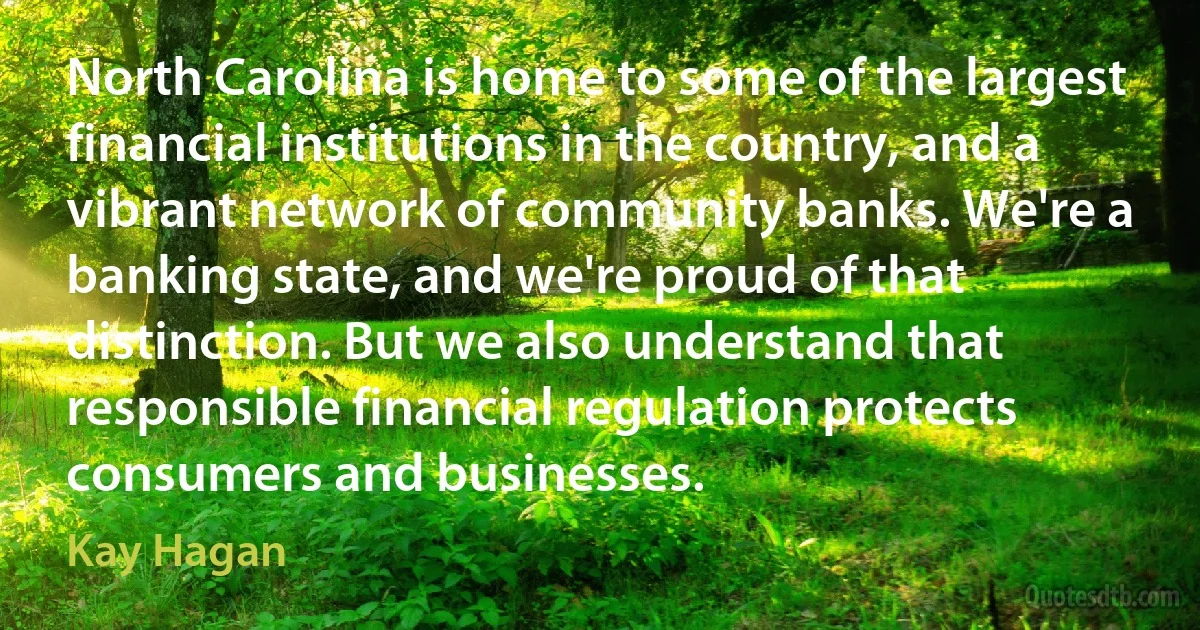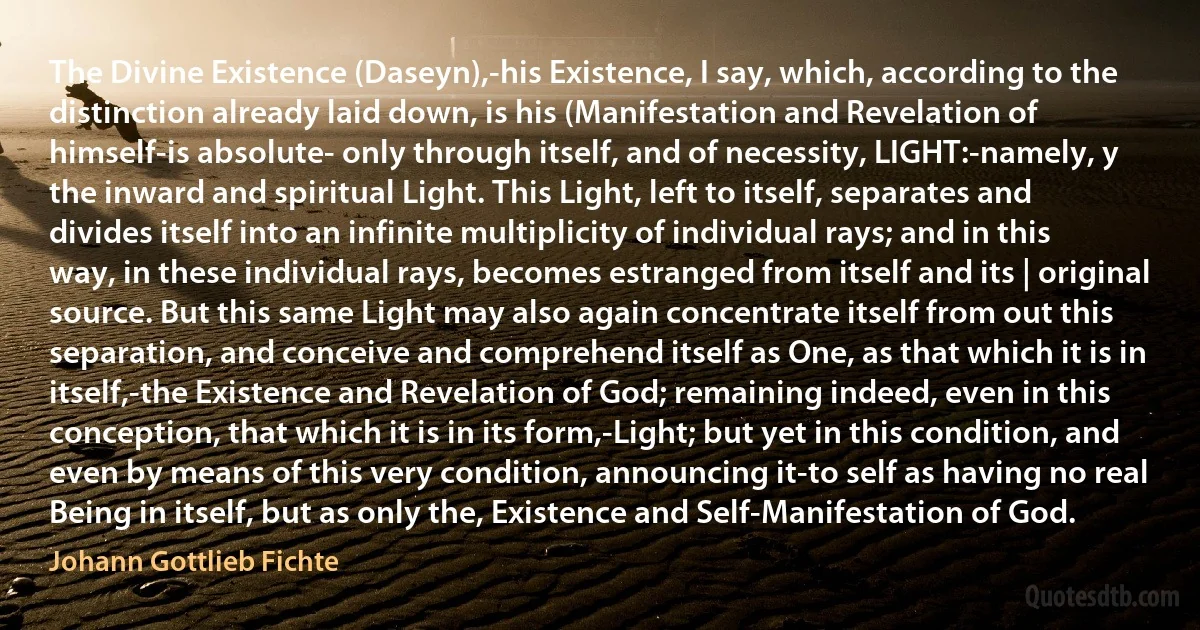Distinction Quotes - page 5
The preposterous distinction of rank, which render civilization a curse, by dividing the world between voluptuous tyrants and cunning envious dependents, corrupt, almost equally, every class of people, because respectability is not attached to the discharge of the relative duties of life, but to the station, and when the duties are not fulfilled, the affections cannot gain sufficient strength to fortify the virtue of which they are the natural reward. Still there are some loop-holes out of which a man may creep, and dare to think and act for himself; but for a woman it is an herculean task, because she has difficulties peculiar to her sex to overcome, which require almost super-human powers.

Mary Wollstonecraft
The chief distinction in the intellectual powers of the two sexes is shewn by man attaining to a higher eminence, in whatever he takes up, than woman can attain - whether requiring deep thought, reason, or imagination, or merely the use of the senses and hands. If two lists were made of the most eminent men and women in poetry, painting, sculpture, music, - comprising composition and performance, history, science, and philosophy, with half-a-dozen names under each subject, the two lists would not bear comparison. We may also infer, from the law of the deviation of averages, so well illustrated by Mr. Galton, in his work on 'Hereditary Genius,' that if men are capable of decided eminence over women in many subjects, the average standard of mental power in man must be above that of woman. ... Thus man has ultimately become superior to woman.

Charles Darwin
In all countries and in all historical times there have been individuals to whom multitudes have looked for guidance in religion. Buddha, Lao Tse, Confucius, Moses, Zoroaster, Shankara, Jesus, Muhammed, Joseph Smith, and Mary Baker Eddy were such individuals. New examples are to be found within the lives of many of us. Pure democracy or sheer equalitarianism in religious matters is not to be expected of our human nature. Some distinction between leaders or founders and followers or disciples seems to be our destiny. But there is a question of degree, or of qualification. To what extent, or under what conditions, are some individuals, or perhaps is some unique individual, worthy of trust in religious matters? It is in the answer to this question that mistakes can be made.

Charles Hartshorne
What expressions we used – in part taken over and in part newly invented! - above all, the famous 'wholly other' breaking in upon us ‘perpendicularly from above,' the not less famous 'infinite qualitative distinction' between God and man, the vacuum, the mathematical point, and the tangent in which alone they must meet.

Karl Barth



